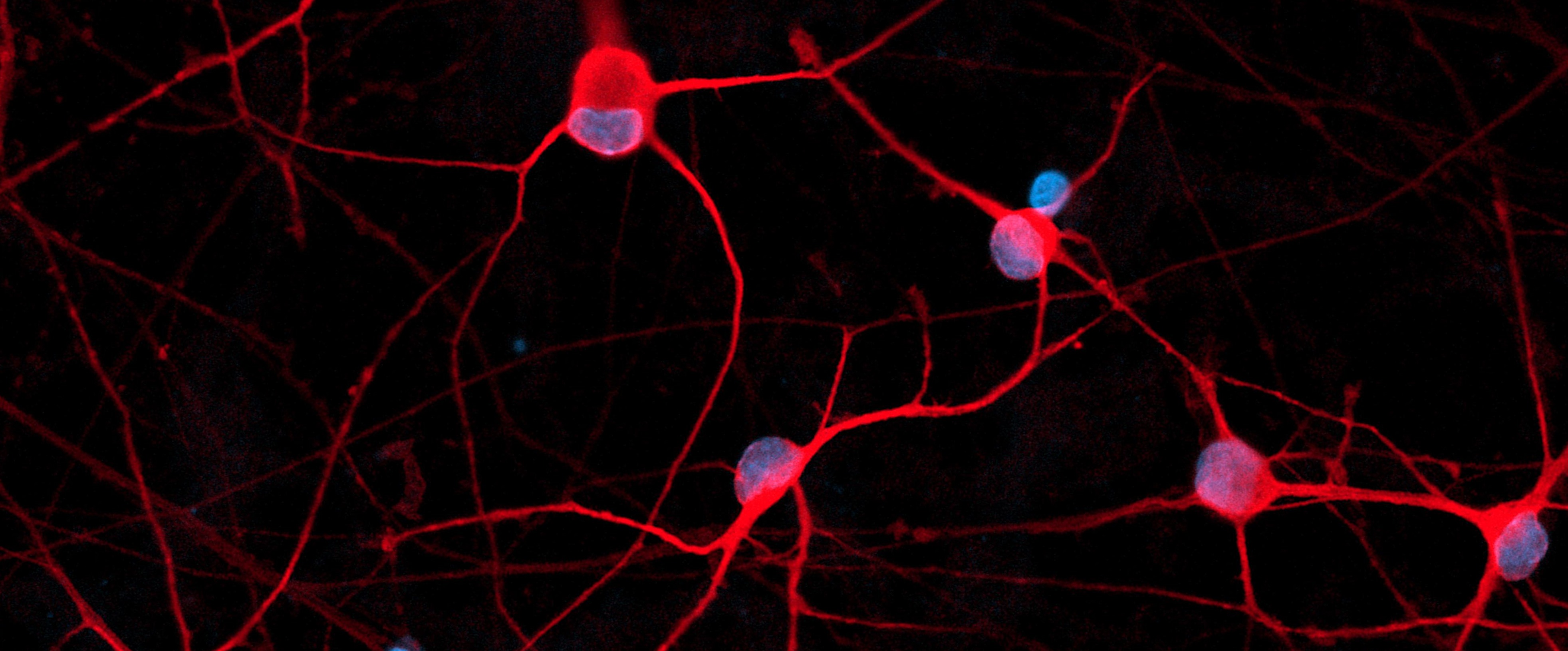Mastering Cell Identity In A Dish: The Power Of Cellular Reprogramming

Prof Roger Pedersen, Stanford University and Dr Thomas Moreau, bit.bio give an overview of the innovative history and recent developments in transcription factor-mediated cellular reprogramming and how first-of-its-kind precision reprogramming technology, opti-ox, is transforming the consistency, efficiency, and scalability of human cell generation.
Prof Pedersen discusses the paradigm shift realised by using transcription factor-mediated cell reprogramming to achieve changes in cell fate, highlighting its significance in cell biology research and potential therapeutic applications. He will explain the fundamental mechanisms of transcription factor-mediated cell reprogramming, drawing on examples from pivotal studies.
Dr Moreau addresses the significant challenges of cellular reprogramming that have inspired the evolution of transcription factor code discovery platforms and opti-ox precision reprogramming technology. He will draw from published studies that demonstrate the effectiveness of precision cellular reprogramming and share data from transcriptome analysis of glutamatergic neurons and microglia to demonstrate their consistency and rapid maturity. Finally, Pedersen and Moreau provide an insightful joint discussion that delves into the future directions of transcription factor-mediated cellular reprogramming and potential applications in regenerative medicine.
Learning outcomes:
- Understand the fundamental mechanisms of transcription factor-mediated cell reprogramming.
- Explore the challenges of cellular reprogramming that have inspired the evolution of transcription factor code discovery platforms and opti-ox.
- Gain insights into the future of transcription factor-mediated cellular reprogramming and its potential applications in regenerative medicine.
For accessing webinar, please fill out the form below.

